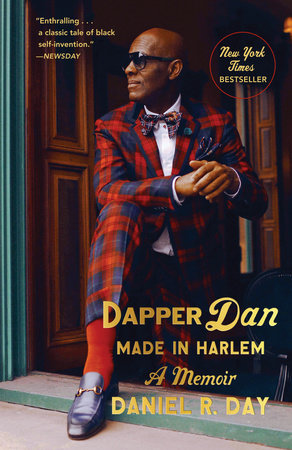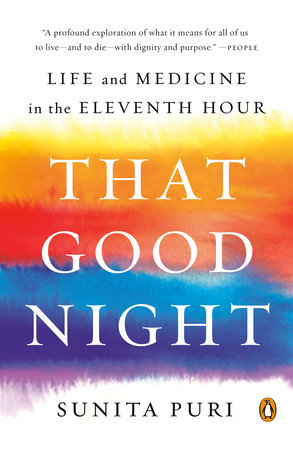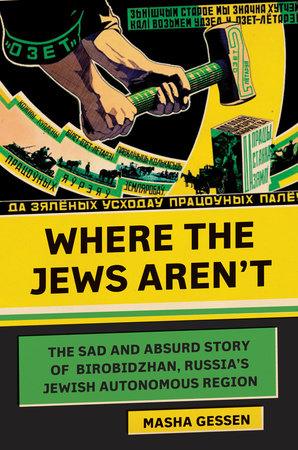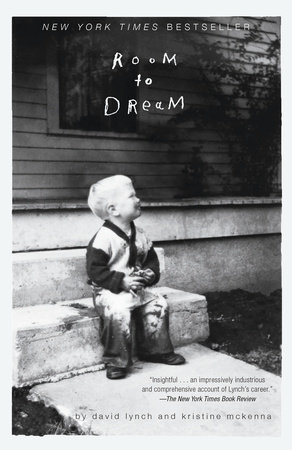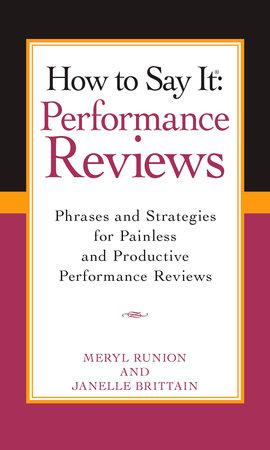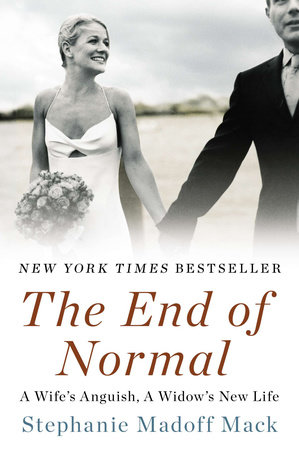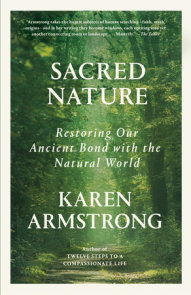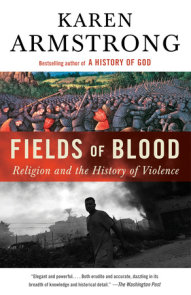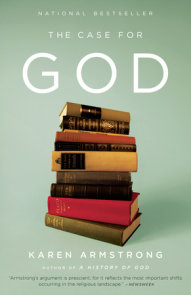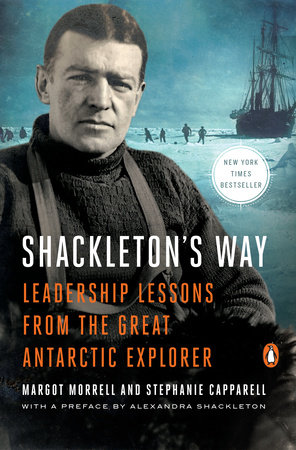Author Q&A
A Conversation with
KAREN ARMSTRONG
author of
THE SPIRAL STAIRCASE: MY CLIMB OUT OF DARKNESS
Q: What made you decide to write this memoir?
A: I have found that whenever I give a lecture, people always want to know about my personal journey. And that many find my descriptions of the difficulties I had, with the existence of God, for example, or with the practice of prayer and meditation, to be liberating. I also wanted to give a more complete account of my experience than I had in my earlier books. The process of writing helps me to sort things out, so you could see this new book as a personal meditation on my life as I approach my sixtieth year.
Q: Tell is the us about the symbolism of the book’s title.
A: As I write in my introduction, T.S Eliot’s poem, Ash Wednesday, has been very important in my life. In this sequence of poems, Eliot uses the image of a spiral staircase, which the poet climbs during his spiritual recovery. In many cultures, a staircase or a ladder is a symbol of ascent from one mental state to a higher one. The spiral staircase symbolizes a major but gradual change of consciousness, and my book traces the pattern of my recovery from the destructive religious experience of the convent to a new kind of spirituality. When climbing a spiral staircase, you go round and round, apparently covering the same ground and making little progress, but in fact pushing steadily upward, towards the summit.
Q: You write in your work about the 60’s revolution. Tell us about your impressions of that time period.
A: As I explain in the book, I missed the 1960s. I entered my convent in 1962 and left in 1969. So I had never heard of the Beatles, never heard of Vietnam. When I emerged into secular life, I was astonished to see the change in society. I felt like Rip Van Winkle in the story, who goes to sleep for a hundred years, and emerges from his cave to find himself in an utterly transformed world. I was astonished to see that young people were no longer deferential, as we had been pre 1962, and as we young nuns had been in the convent, but felt able to protest and rebel. I was astonished to see the change in dress. We looked like replicas of our mothers, but the sixties youth dressed in wild clothes, with long wild hair, and the sexual revolution had clearly transformed relations between men and women in a way that was bewildering to me. And yet I could understand something of this. Because like these young people, I too had been dissatisfied with the world, had wanted major change, and in my last year in the convent I too had been a rebel. So I was responding to the zeitgeist, but in a different way. I had been fighting a different war, but understood the underlying spirit.
Q: What are some of the differences you see between being a Catholic in the United Kingdom and being an American Catholic? Do you note differences in the diffculties faced by each community?
A: I cannot speak for American Catholics, who are having a very difficult time right now. But it is true that Catholics were a despised minority in America for a long time. This was especially evident during the American Revolution. But America is a country where people become more American by asserting their difference. The experience of the Mormons is salutary here. And by asserting their difference from mainline Protestantism, American Catholics managed to create a proud identity for themselves here. When I first started to visit America, I was struck by the openness and pride with which Americans at Notre Dame or Georgetown University flaunted their Catholicism in a distinctive and self-confident way, which would be unthinkable in Britain, where Catholics remain apologetic. It was not until about 1820 that Catholics were emancipated, and permitted to attend Oxford and Cambridge, or take public office in the country. They still feel like personae non gratae. The monarch of England may not marry a Catholic, and I do not think that we could have a Catholic Prime Minister. But Americans have had a Catholic President.
Q: Your expertise on Islam and the Middle East made you greatly sought after for speaking engagements and media interviews after the events of September 11th. Has your life changed since the events surrounding September 11th?
A: My life has changed since September 11th. In the last chapter of this book, I speak about the solitude and silence that changed my approach to religious texts and doctrines. I now have a much busier life, but, as I explain in the book, this often happens with hermits like myself. Throughout history, solitary people, like Thomas Merton, are constantly sought after. The more solitary they become, the more people seek them out. People who are not at all religious, for example, constantly seek help from contemplative nuns. And that is how it should be. Because religious experience must always be fed back into the community. It is not an end in itself, but must issue in service. And so even though I miss my solitude and silence, even though I now have much less time for writing, it has been a privilege to contribute to the debate in these dark times.



